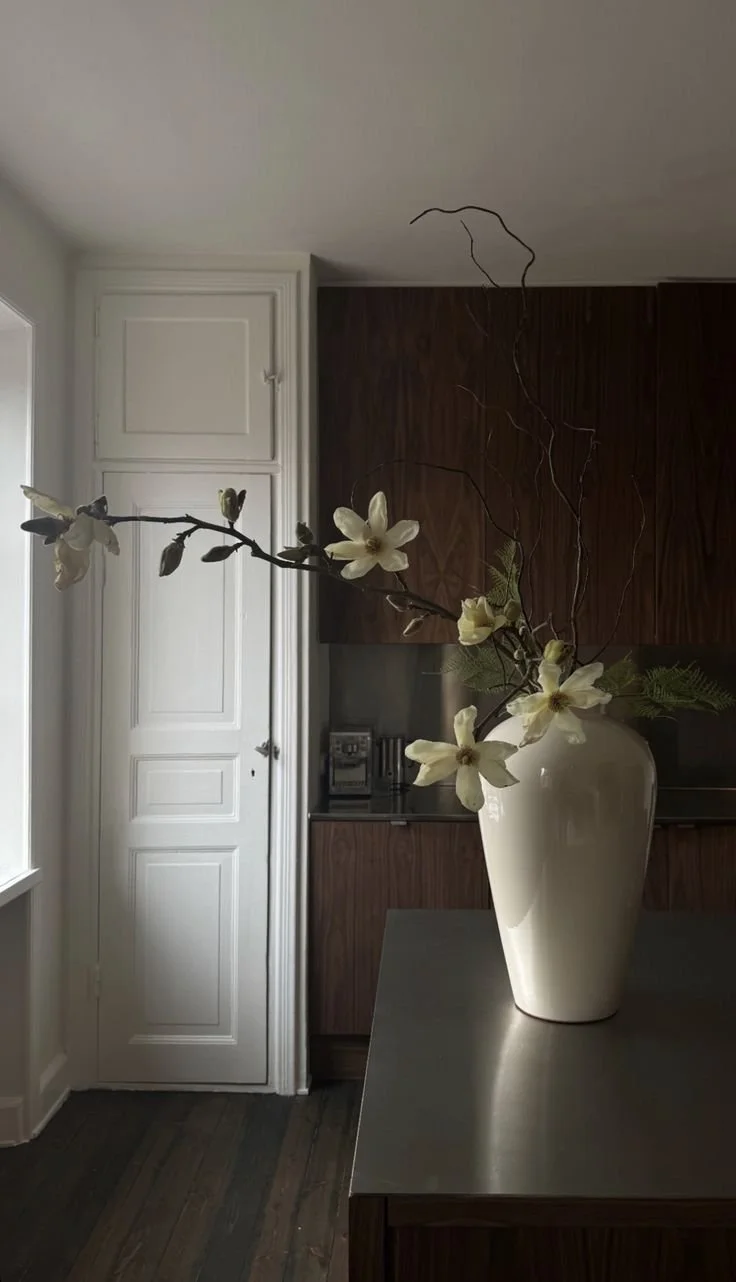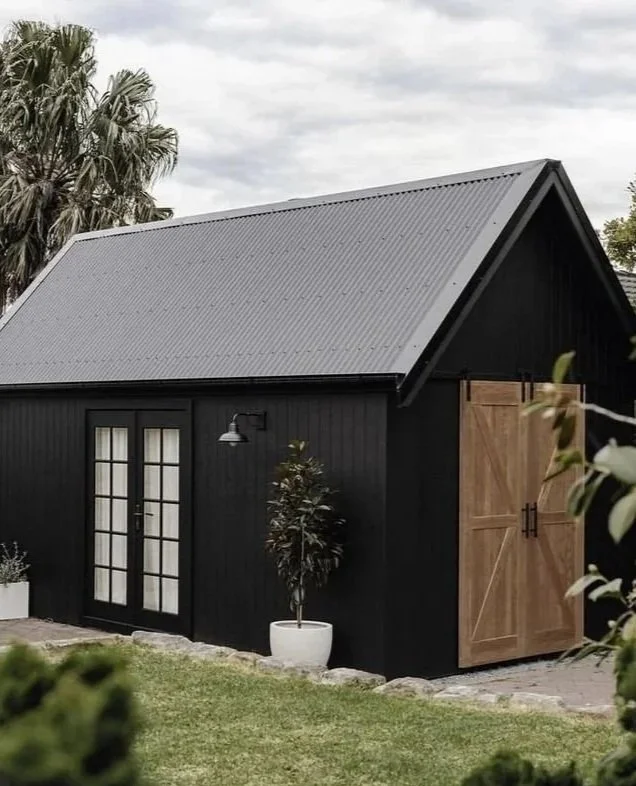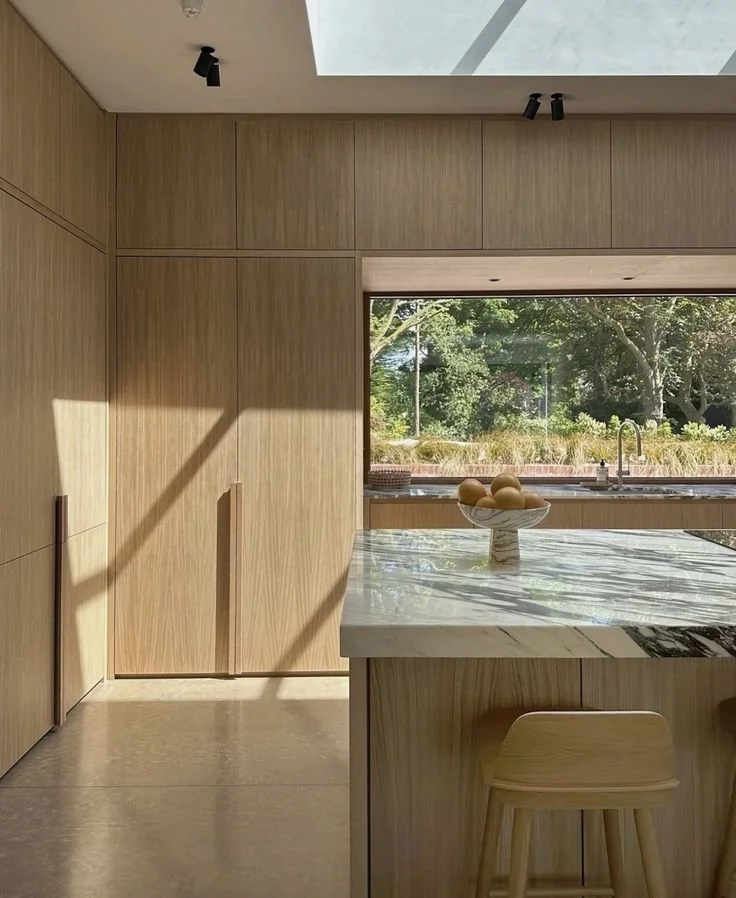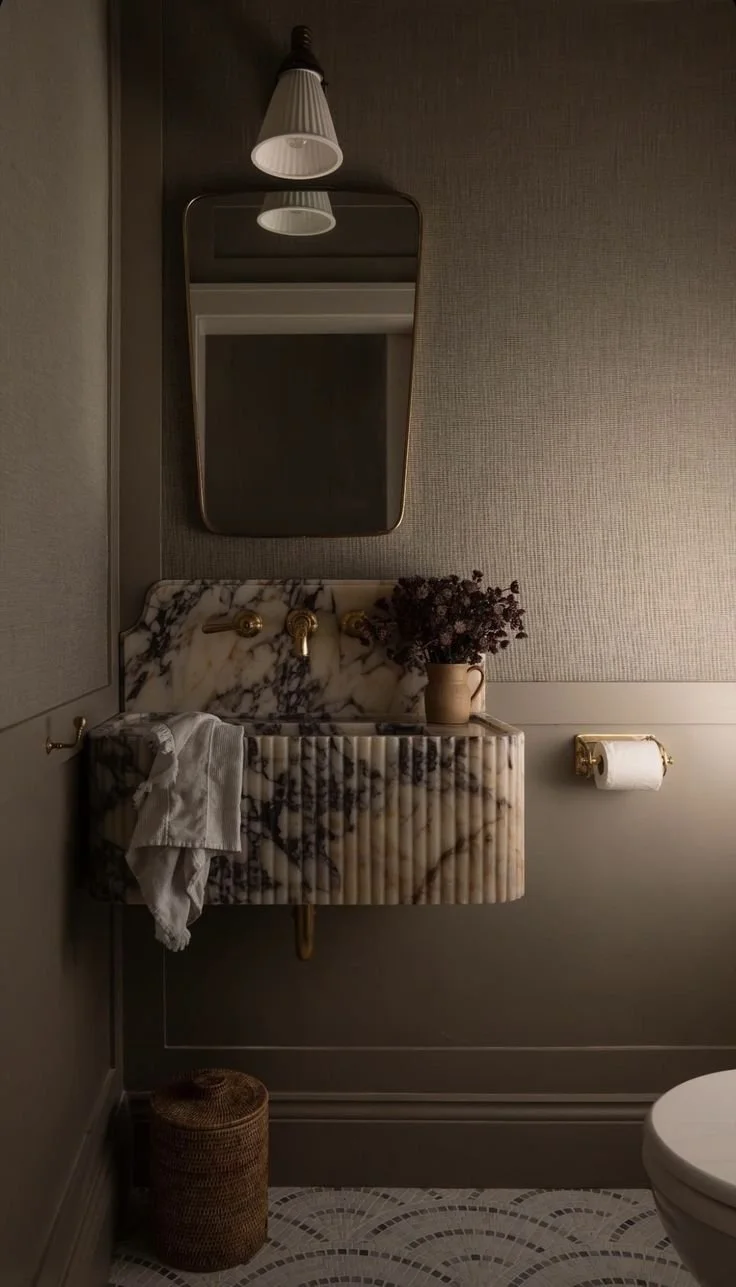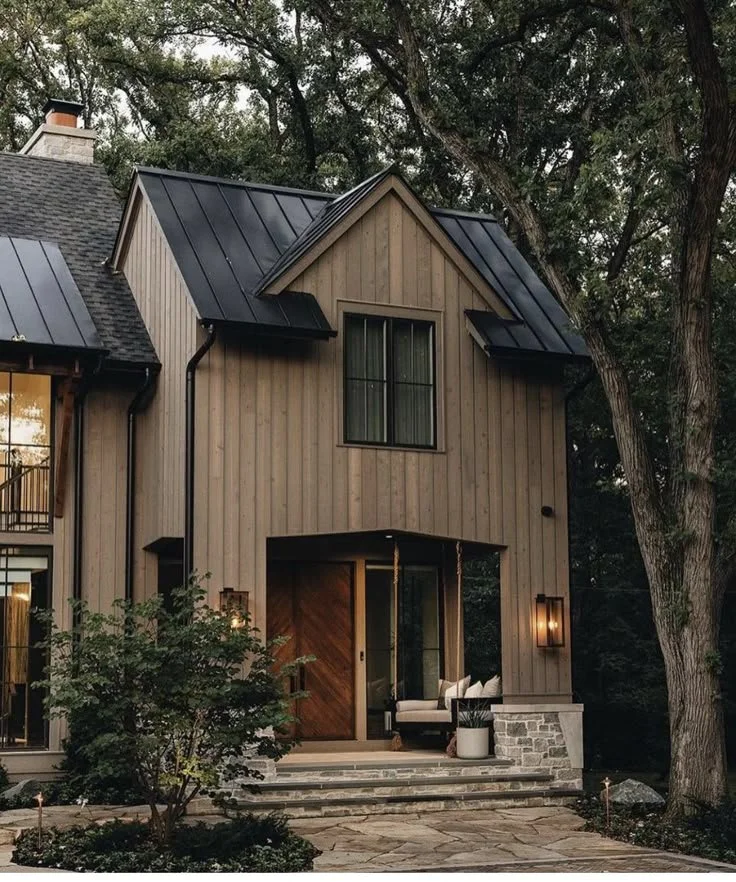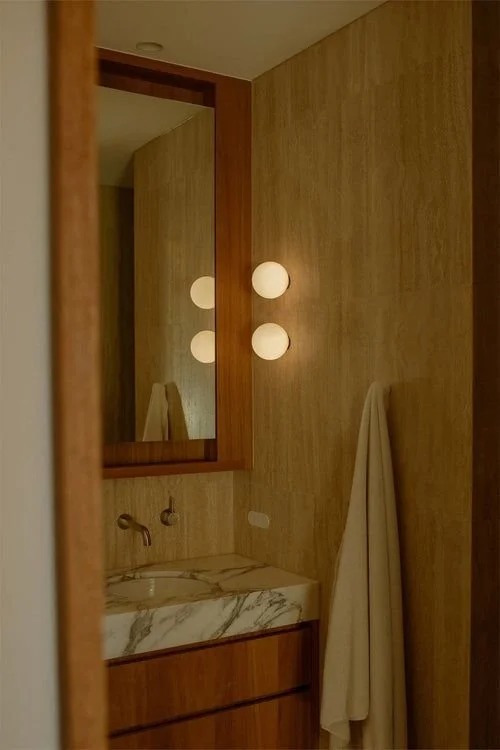Home Improvement For Beginners: 6 Tips From The Experts
Home improvement projects are a practical way for beginners to enhance and personalize their living spaces. These projects can range from simple decor changes to more significant renovations—each with the potential to improve the comfort and value of a home.
However, tackling these tasks requires careful consideration, especially regarding costs, which can vary widely depending on the project's scope and location. For example, homeowners in Lansdale might spend between $250 and $1,200 on replacement window installations—with the average cost around $600. This variability underscores the importance of budgeting and planning in home improvement endeavors.
If you are considering undertaking home improvement projects of your own, in this article, we provide expert tips that will guide you toward a seamless process.
No. 1
Start with a Plan
Initiating a home improvement project without a solid plan is like navigating without a map.
Start by defining the scope of your project, setting clear objectives, and establishing a step-by-step approach. This planning phase should include researching designs, materials, and the potential need for professional assistance. A well-thought-out plan provides direction and helps in managing time and resources efficiently, ensuring the project progresses smoothly.
Moreover, a comprehensive plan allows you to anticipate challenges and prepare solutions in advance. It's about understanding the sequence of tasks, estimating timelines, and arranging the necessary tools and materials. By having a detailed plan, you can approach your home improvement projects with confidence, knowing you have a roadmap to guide you through each step.
No. 2
Understanding Remodeling Costs
Home renovations come with specific costs that you as a homeowner must consider, especially for extensive projects like bathroom makeovers.
Bathroom remodeling is a popular home improvement project, but it often involves complexities that make it challenging for beginners to DIY. From plumbing to tiling, each aspect needs professional attention to ensure quality and functionality. For those considering bathroom updates, especially in Lansdale, understanding the costs involved is crucial.
When planning a renovation, knowing the Lansdale Bathroom Remodeling cost helps create a budget that encompasses all aspects, from materials to labor. This thorough financial planning is key to avoiding unexpected expenses and keeping your project on track. It allows you to make informed decisions, ensuring that the bathroom remodel meets both your aesthetic and financial requirements.
Seeking estimates from professionals can provide a clearer picture of the potential costs. Experts in bathroom remodeling can offer detailed breakdowns, and they help homeowners make informed decisions about where to invest their money. Whether it's choosing more affordable materials or deciding to splurge on a luxurious feature, having a solid grasp of the overall cost helps in making strategic choices that align with both needs and budget.
No. 3
Prioritize High-Impact Projects
As a beginner, it's advisable to prioritize home improvement projects that will have a significant impact on your home's functionality or aesthetic appeal.
High-impact projects, such as kitchen updates or structural repairs, can enhance daily living and potentially increase your home's market value. Evaluate which projects will provide the most noticeable improvements and align with your long-term goals for your property.
Choosing the right project also involves considering the return on investment. Some improvements, for example, updating insulation or fixing a leaky roof, might not be glamorous but can offer substantial benefits in terms of comfort, energy efficiency, and preventing future costly repairs. Weigh the costs against the potential benefits, focusing on projects that will make a meaningful difference in your home living experience.
When enhancing your home’s functionality, don’t overlook comfort in your living spaces. For example, adding a comfy sofa bed can serve as both a cozy relaxing spot and a practical solution for accommodating guests. Such versatile furniture upgrades combine style and convenience, making them an excellent investment for anyone looking to maximize their space without sacrificing comfort or aesthetics. By incorporating multifunctional items like a sofa bed, you can elevate the usability of your home while keeping it inviting and welcoming for both family and visitors.
No. 4
Learn Basic DIY Skills
For those new to home improvement, acquiring basic DIY skills is a valuable step.
These skills can empower you to undertake simple repairs and upgrades yourself, fostering a sense of accomplishment and potentially saving money on labor costs. Start with fundamental tasks like painting, fixing a leaky faucet, or changing light fixtures. These tasks can serve as a foundation for more complex projects in the future.
Take advantage of the numerous resources available that help beginners learn DIY skills—from online tutorials and how-to videos to workshops offered at local hardware stores. Practicing these skills on smaller projects can build your confidence and competence, reducing the intimidation factor of larger renovations.
Overall, be cognizant of your limits and understand when a project is beyond your current skill set to avoid costly mistakes.
No. 5
Don't Overestimate Your Skills
While it's encouraging to tackle home improvement projects with enthusiasm, overestimating one's abilities can lead to frustration, subpar results, and even safety hazards.
Realistically assess your skills and the complexity of the project before starting. If a task requires specialized knowledge or tools, it might be more efficient and safer to hire a professional. Understanding when to seek professional help can save you time and money in the long run. It's beneficial to get quotes and consultations from experts for more involved projects, like electrical work or structural modifications.
This doesn't diminish the DIY aspect of home improvement; rather, it ensures that the work is done correctly and safely, protecting your investment in your home.
No. 6
Safety First
Safety is paramount in any home improvement project.
Focus on the aesthetic and functional outcomes but also ensure that you are undertaking your projects safely. This means wearing appropriate safety gear, such as goggles, gloves, and ear protection, and following safety protocols, especially when using power tools or working with hazardous materials.
It's also important to familiarize yourself with the proper operation of tools and equipment before starting a project. Never hesitate to ask for guidance or seek educational resources to understand safety precautions thoroughly. It is also wise to keep a well-organized workspace and have a first aid kit readily available to enhance safety during your home improvement tasks.
takeaways
Home improvement projects offer you an excellent opportunity to enhance your home and learn valuable skills. By gaining a clear understanding of costs and developing a well-structured plan, you can approach your home improvements methodically and with ease.
By prioritizing projects that deliver substantial benefits, acquiring basic DIY skills, recognizing the limits of your abilities, and always emphasizing safety, you can ensure an efficient process. These strategies ensure that each project improves your home's aesthetics and functionality while providing a rewarding and educational experience for you, the homeowner.
All in all, engaging in any home improvement project is about making informed decisions, learning from the process, and enjoying the sense of accomplishment that comes from creating a more functional and inviting living space. So, enjoy the experience and revel in the outcome that you are sure to be proud of when it is all said and done.

